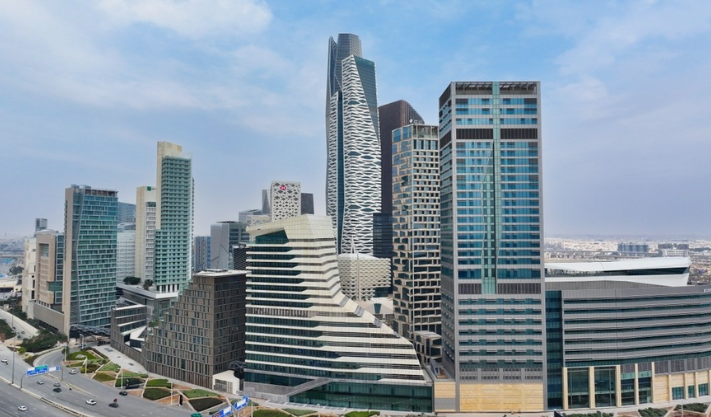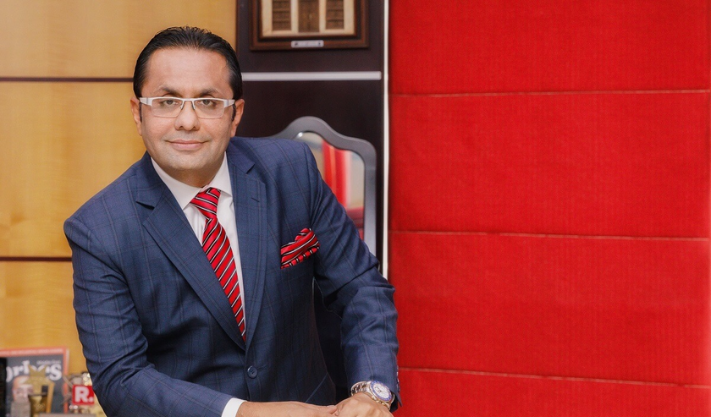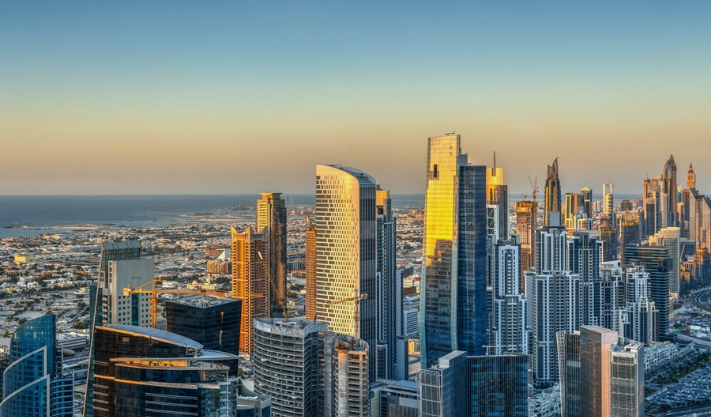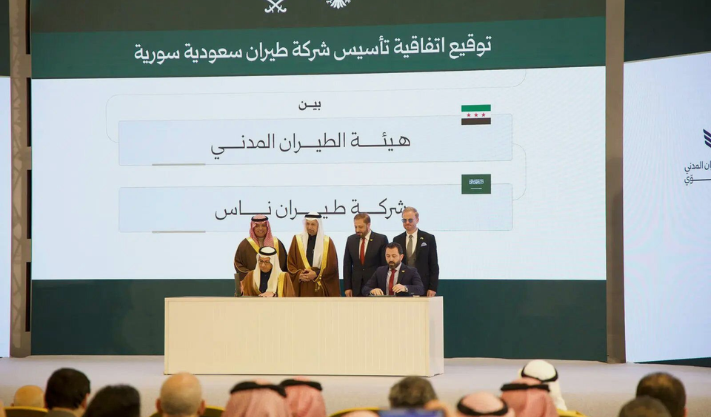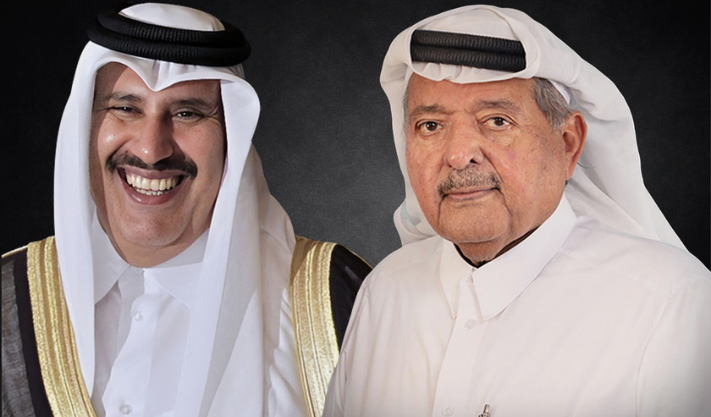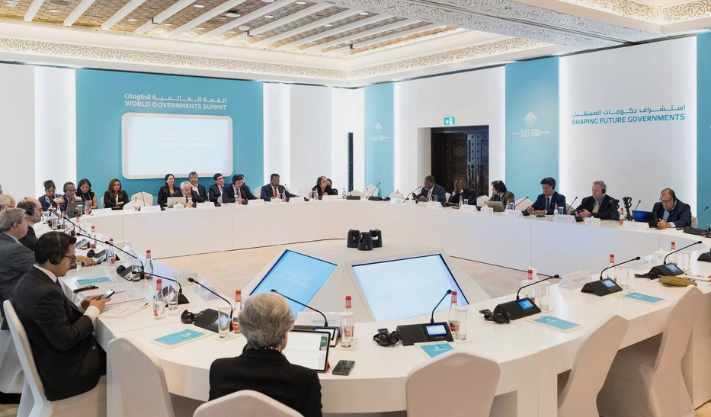Middle East Revenues Rise 6.3%, But $54.7B Still Tied Up in Companies: PwC
Companies in the Middle East could free up to $54.7 billion in locked cash if they improve how they manage working capital, according to a new PwC Middle East report released Monday.
Key Findings
-
In 2024, firms in the region shortened their net working capital (NWC) cycle by six days, a 5.6% improvement. Average NWC now stands at 101.7 days.
-
Despite this progress, PwC said most of the potential remains untapped. Only a few companies have been able to keep efficiency gains for several years.
-
Revenues across the region grew 6.3%, driven by non-oil sectors. The UAE’s non-oil economy grew 16.8%, while Saudi Arabia’s rose 8%, showing strong diversification.
-
IPOs and mergers also reached record levels in 2024, boosting investor confidence.
Debt and Costs Rising
The report also warned about financial pressures:
-
Short-term debt jumped 23.8%, pushing interest costs to a five-year high (3.1% of revenue).
-
General and administrative expenses went up, putting pressure on profit margins, even though EBITDA rose slightly.
PwC’s Mo Farzadi said companies must manage working capital more carefully to unlock cash, strengthen resilience, and deal with market challenges.
Uneven Progress
-
Only 9.4% of firms improved NWC days for three years in a row.
-
Many companies are using financing tools like receivables factoring, but PwC warned these may hide deeper problems.
Roadmap for 2025
PwC outlined five focus areas:
-
Fix invoicing and inventory issues.
-
Track working capital with clear KPIs.
-
Use technology and AI for real needs.
-
Use internal cash to pay down debt.
-
Build a culture of financial discipline.
PwC said companies should view working capital efficiency as a long-term strategy, not just a short-term fix. Firms that invest in structural changes will be better able to handle external shocks and capture new growth opportunities in the region.
Published: 30th September 2025
For more article like this please follow our social media Twitter, Linkedin & Instagram
Also Read:
UAE President Meets OpenAI CEO Sam Altman to Talk About AI
Abu Dhabi Sells $3B Bond After Strong Investor Demand
Saudi Arabia Freezes Riyadh Rents for 5 Years to Cut Living Costs
